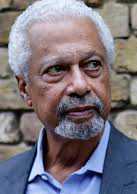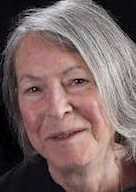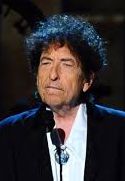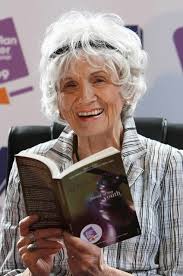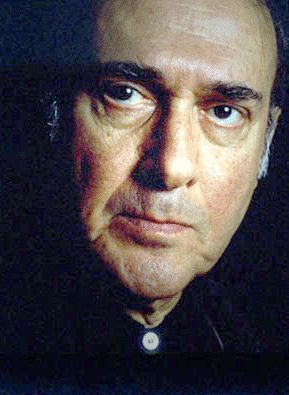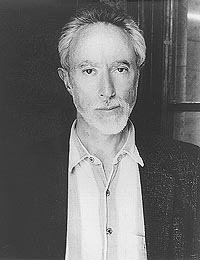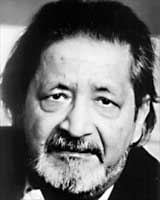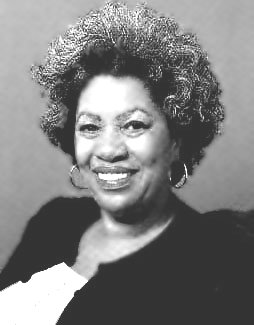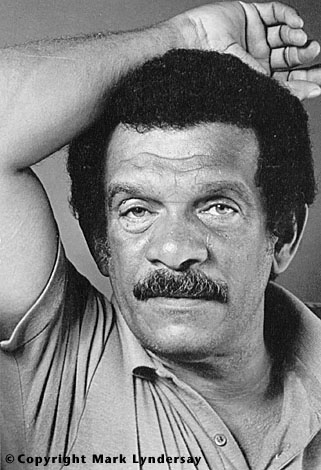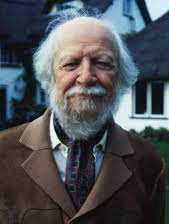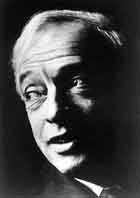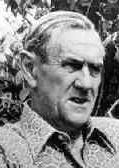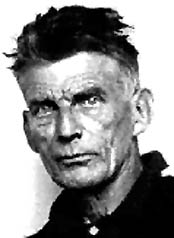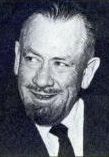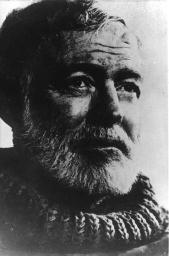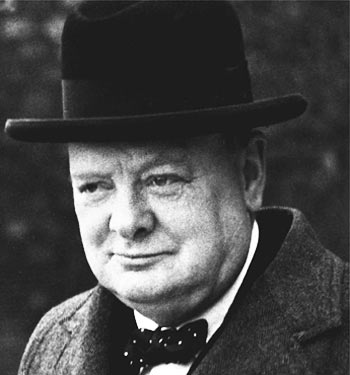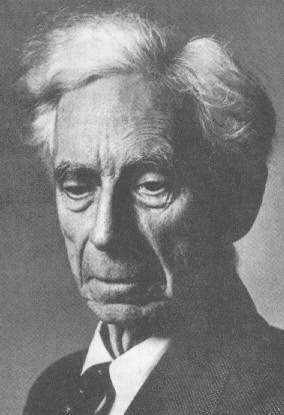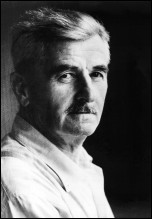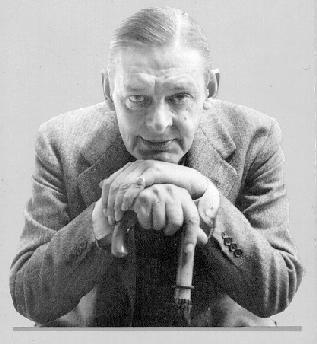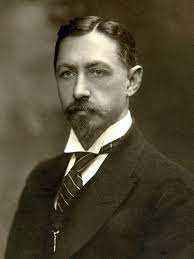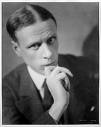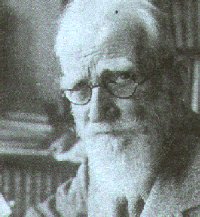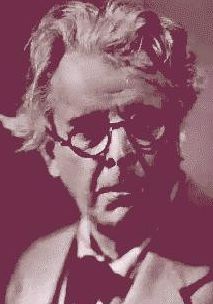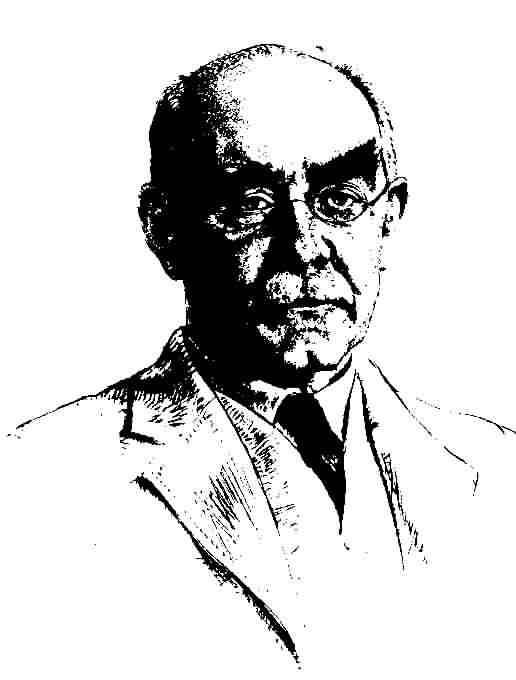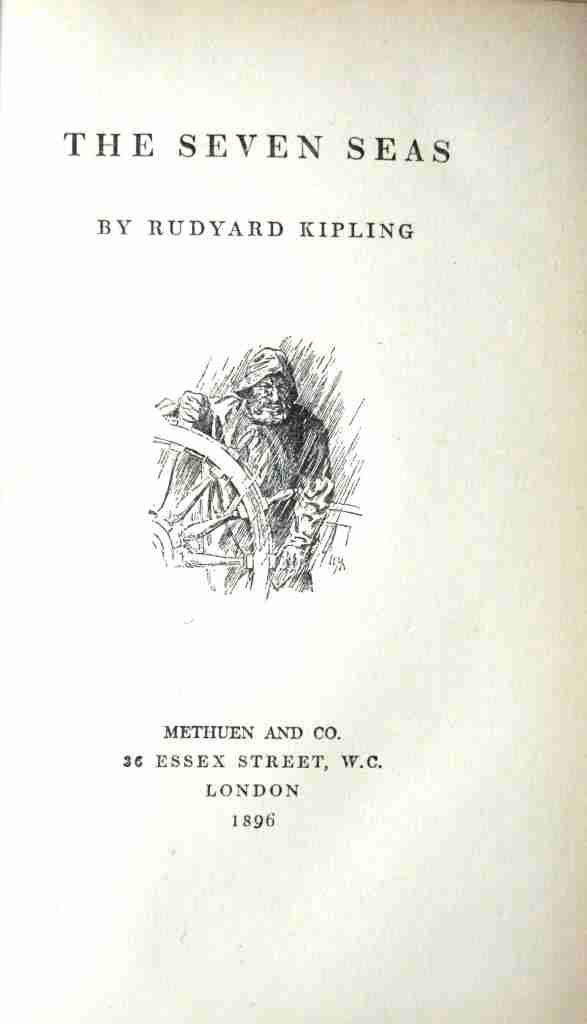
| Select Laureate |
|---|
The Nobel Prizes for literature are very much a matter of debate. The prizes for chemistry or physics are awarded for experimentally acquired knowledge. Even if this should prove to be inaccurate in retrospect, or the significance for science and society is not entirely clear, it is hardly ever debated in public. In literature, on the other hand, every reader believes he is entitled to an opinion.
The Prize for Literature is only laid out in Alfred Nobel's will for subjective decisions. Thus it is intended that even before the awarding of the prize the writer should have achieved a certain degree of recognition and significance beyond his immediate cultural circle. Even this determination can be questioned, especially in the case of the first prizewinner. But which works are "the most excellent in an idealistic direction" can be judged differently, at least over time. Moreover, writers are often socially and culturally committed contemporaries whose writings, often written with political intent, often appeared politically incorrect.
In retrospect, it may be possible to judge more soberly from a distance than in the heat of the day. This is where the help offered here can help, providing an overview of the prizewinners' entire oeuvre.
If the inclined reader remains with the personal opinion that the Swedish Academy has made a mistake with its judgement, there is the possibility for everyone to create their own alternative list of favourites. But first of all it is important to get an overview of the author's complete works.
English speaking laureates
